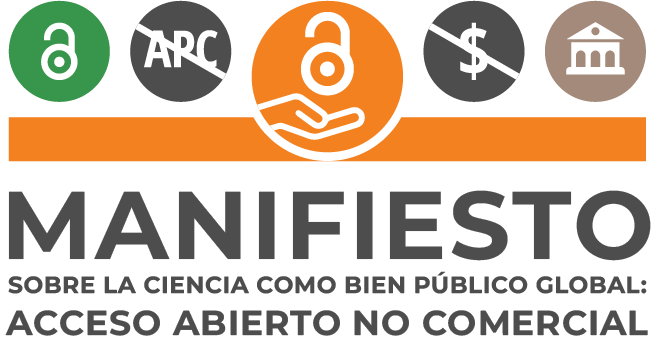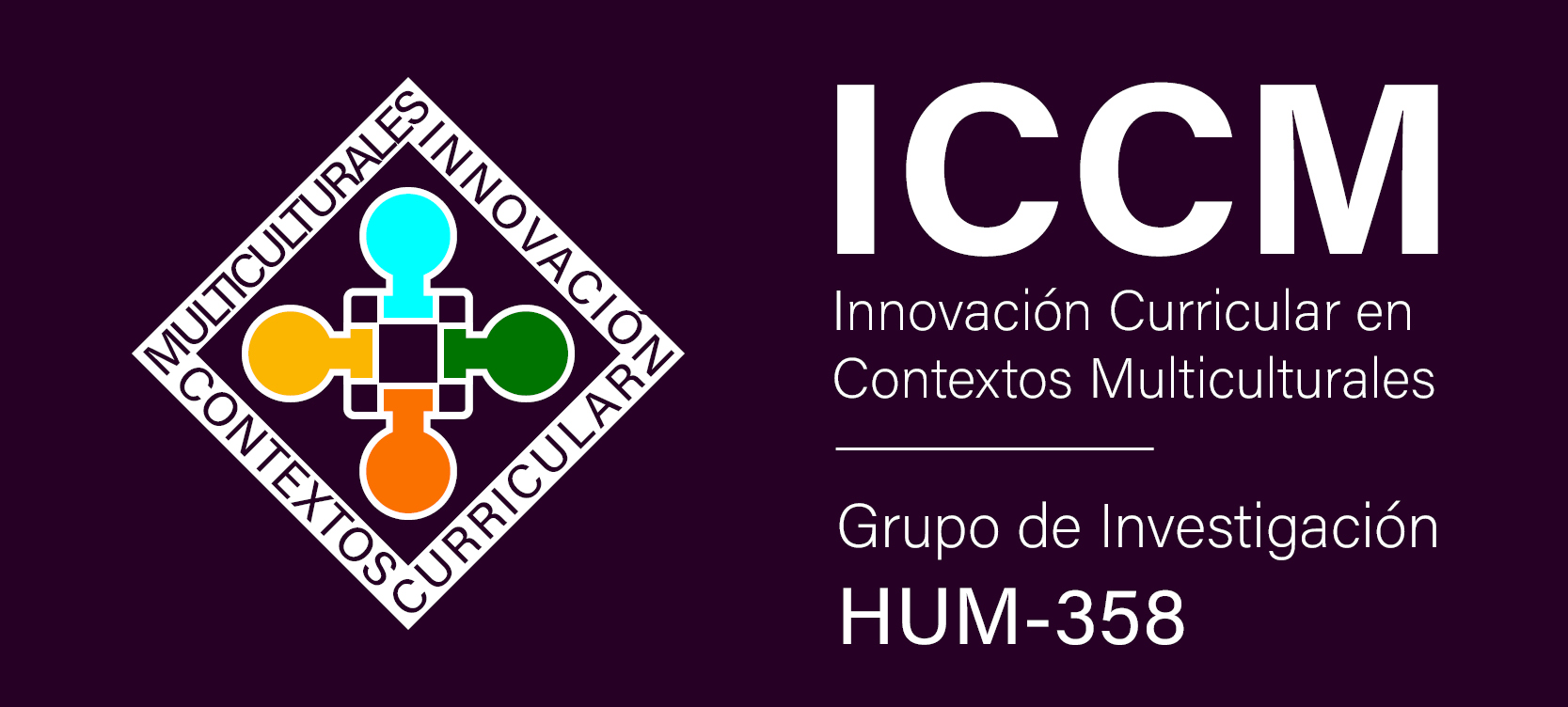APPLICATION OF COOPERATIVE LEARNING TECHNIQUES AND WITH STUDENT COACHES IN THE CAREER OF INDUSTRIAL ORGANIZATION ENGINEERING MIXED MODALITY
DOI:
https://doi.org/10.30827/modulema.v9i.32776Keywords:
Adult Students, Cooperative Learning, Peer Coaching, Constructivism, Academic PerformanceAbstract
Adults who enter university careers in mixed modality in Mexico present differences in age, work experience, technical knowledge and years away from educational institutions. This diversity, coupled with the use of behaviorist learning methods acquired over time, can negatively affect their academic performance. As a possible solution to this problem, in this study, cooperative learning techniques and educational peer coaching were applied with an experimental group of students of Probability and Statistics in Industrial Organization Engineering. The performance results of this group were compared with those of a control group that received the subject under the traditional teaching model.
The research approach was quantitative with a descriptive scope, where, through a written exam and a project exam, the academic performance of the students was measured as a dependent variable. The type of teaching technique was established as an independent variable. A quasi-experimental pretest-postest design was used with a non-equivalent control group. Participants were selected through intentional non-probability sampling. A Two-sample T-test with a confidence level of 90% was applied to test the hypothesis, a value of p=0.730 was obtained with the results of the written exam and p=0.158 with the results of the project exam. Based on the hypothesis test, it was concluded that the application of the cooperative learning technique and educational coaching produces the same academic performance results as the traditional teaching technique in the population of the study.
Downloads
References
Ancancoi, M., Romo, E. y Espejo, R. (2020). Desempeño de adultos en enseñanza superior: percepciones de estudiantes adultos, sus compañeros /as no adultos y sus docentes. Revista de Educación de Adultos y Procesos Normativos, (11), 100–121. https://www.educaciondeadultosprocesosformativos.cl/revista/ 2021/08/16/desempeno-de-adultos-en-ensenanza-superior-percepciones-de-estudiantes-adultos-sus-companeros-as-no-adultos-y-sus-docentes/
Azorín Abellán, C.M. (2018). El método de aprendizaje cooperativo y su aplicación en las aulas. Perfiles Educativos, 40(161), 181-194. https://doi.org/10.22201/iisue.24486167e.2018.161.58622 DOI: https://doi.org/10.22201/iisue.24486167e.2018.161.58622
Bécart, A. y Ramírez Garrido , J. D. (2016). Fundamentos del coaching educativo, caracterización, aplicaciones, beneficios desde los cuatro pilares del saber. Plumilla Educativa, 18(2), 344-362. https://doi.org/10.30554/plumillaedu.18.1973.2016 DOI: https://doi.org/10.30554/plumillaedu.18.1973.2016
Bernárdez-Gómez, A. y Belmonte, M.L. (2020). Coaching educativo, una aproximación a sus ejes conceptuales. Revista Contribuciones a las Ciencias Sociales, (11),1-17. https://www.eumed.net/rev/cccss/2020/11/coaching-educativo.html
Bisquerra, R. (Ed). (2009). Metodología de la investigación educativa. La Muralla.
Cabrera, G. (2021). Conductismo y Constructivismo en La Educación Universitaria. Revista Killkana Sociales, 5(2),1-5. https://doi.org/10.26871/killkanasocial.v5i2.895 DOI: https://doi.org/10.26871/killkanasocial.v5i2.895
Juca Aulestia, J.M., Coloma Andrade, M.Á., Celi Carrión, F.N., Miranda Raza, E.F. y Tocto Maldonado, J.S. (2019). Contribución del enfoque constructivista al trabajo colaborativo en la educación superior. Revista Espacios, 40(41), 4-9. https://www.revistaespacios.com/a19v40n41/19404104.html
Rodríguez, A. (2019). Coaching Educativo. Editorial ICB.
Vives Hurtado, M.P. (2016). Modelos Pedagógicos y Reflexiones para las Pedagogías del Sur. Revista Boletín Redipe, 5(11), 40-55. https://revista.redipe.org/index.php/1/article/view/140

Published
How to Cite
Issue
Section
License
Copyright (c) 2025 Dr. Fernando Luis Leyva Ortega, Dra. Sara Julia Castellanos Quintero

This work is licensed under a Creative Commons Attribution-NonCommercial-ShareAlike 4.0 International License.

















